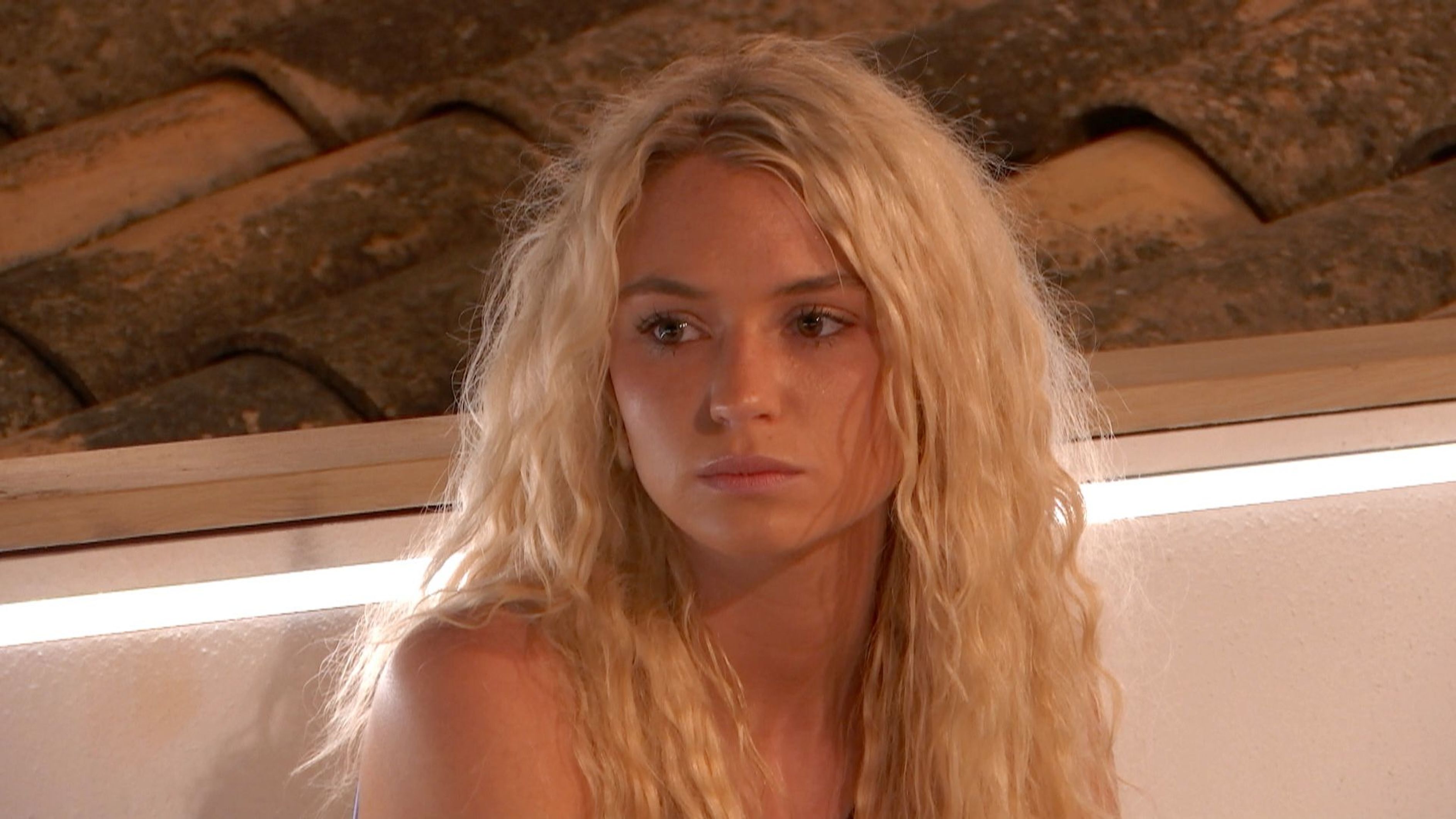Love Island is facing criticism over the mental health of its viewers


Love Island is back on our screens, meaning that around 3 million of us now have no social lives whatsoever, instead living our best lives through this year's islanders, ahem Amy and Curtis.
The ITV2 show has faced recent criticism however as the mental health foundation released new statistics on the correlation between reality TV and body image.
To be honest, it's pretty shocking.
Love Island has long been accused of promoting an unrealistic body image, with all its contestants boasting toned slender bodies and model-like looks, something that does nothing for the self-esteem of viewers, with last year even seeing Skinny Sprinkles being advertised in the commercial breaks - something that has thankfully stopped this year.

But according to the UK survey data released by the Mental Health Foundation, the problem is still ongoing, with reality TV leading to dangerous body image issues.
Almost one in four people aged 18 to 24 revealed that reality TV made them worry about their body image, according to the data obtained in a survey of 4,505 UK adults by YouGov.
Not only this but almost a quarter of 18-24 year-olds admitted to experiencing suicidal thoughts due to their body image, with over one in seven of those asked admitting to self-harming or hurting themselves due to their body image insecurities.
Celebrity news, beauty, fashion advice, and fascinating features, delivered straight to your inbox!

'Millions of people enjoy Love Island for a whole range of reasons,' announced Dr Antonis Kousoulis from the Mental Health Foundation in a statement.'Our concern is how the programme projects body images that are not diverse, largely unrealistic and presented as aspirational.'
He continued: 'Our research clearly shows that a large number of young people say reality TV has a negative impact on how they feel about their own bodies. Concern about body image is linked to anxiety, depression and feelings of shame and disgust. We had hoped that Love Island’s producers would choose a more representative range of contestants for the new series, bearing in mind the likely impact on their predominantly young audience.'

'This lack of diversity is further feeding unhealthy advertising and media coverage. Love Island has issued mental health aftercare guidelines for contestants but they must also take into consideration the potential damage being done to viewers.'
Here, here.

Jenny Proudfoot is an award-winning journalist, specialising in lifestyle, culture, entertainment, international development and politics. After working at Marie Claire UK for seven years - rising from intern to Features Editor - she is now a freelance contributor to the News and Features section.
In 2021, Jenny was named as a winner on the PPA's '30 under 30' list, and was also listed as a rising star in journalism.